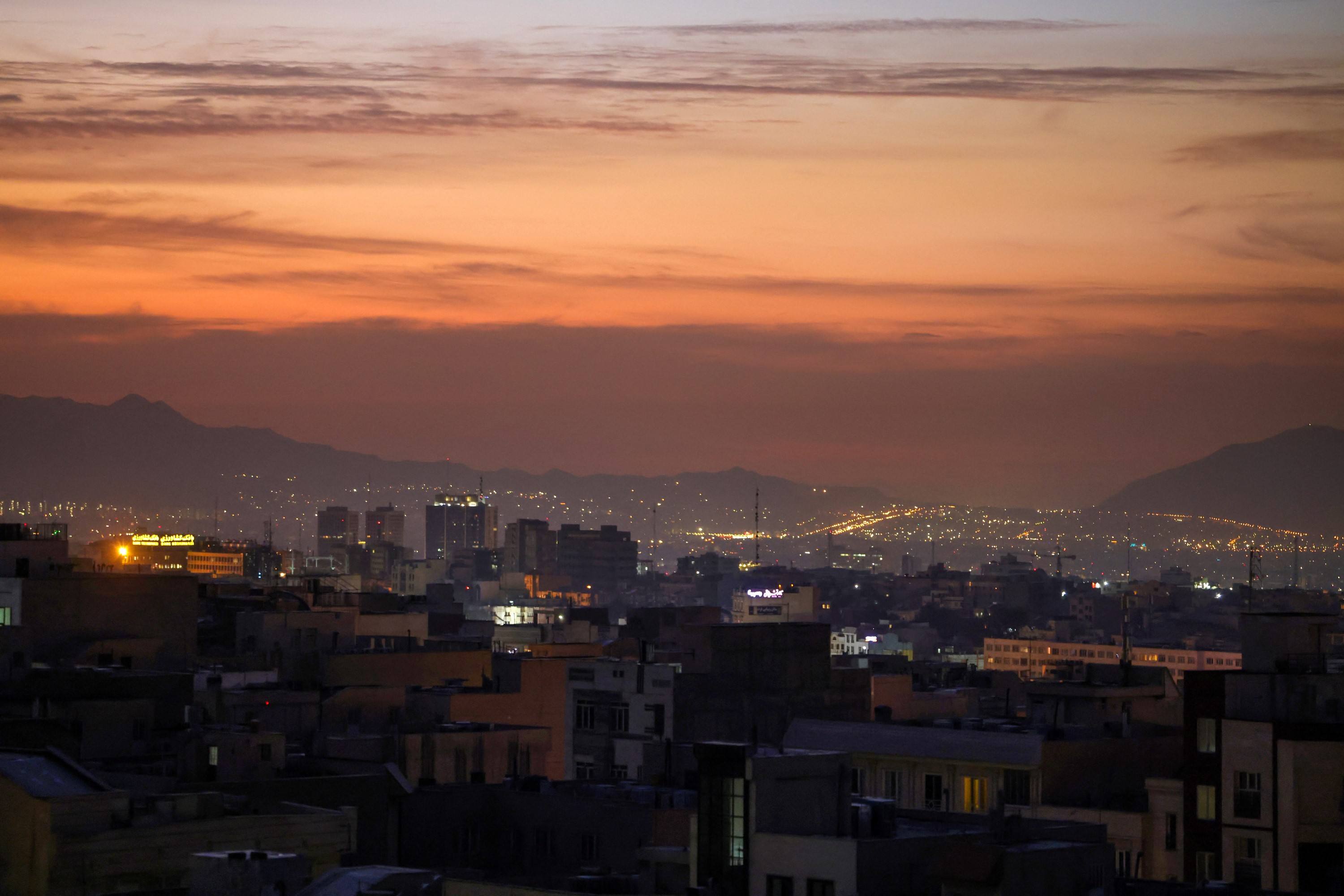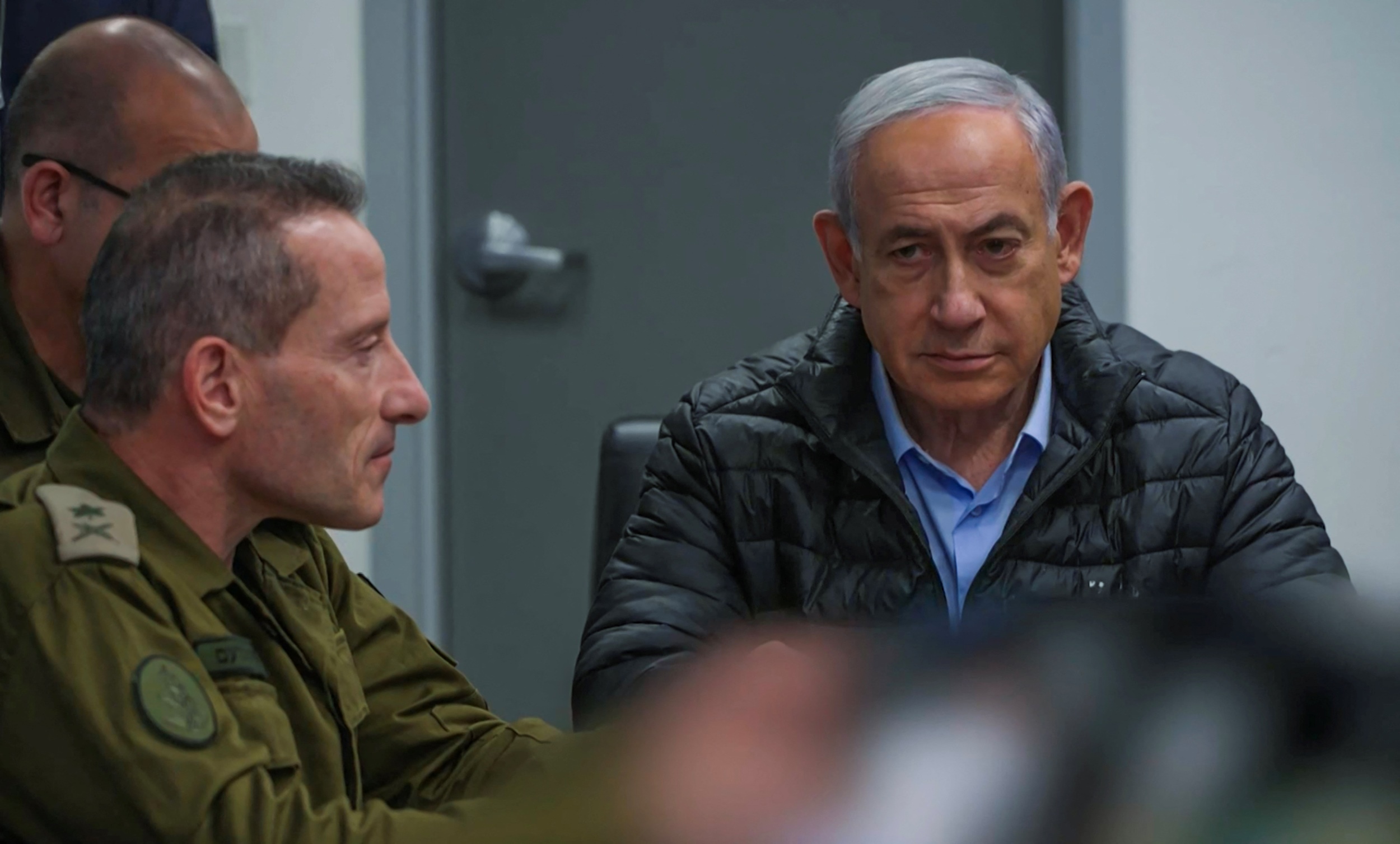
TEHERAN/DUBAI/JERUSALEM – Two Iranian soldiers were killed when Israel struck military sites in Iran early on Saturday, saying it was retaliating against Teheran's strikes on Israel this month.
The two soldiers of the Islamic Republic of Iran Army were killed while confronting the projectiles of Israel to defend the security of Iran and prevent harm to the nation and the interests of Iran, the official news agency IRNA reported quoting an army statement.
Hours later the Israeli military said its strikes had been completed and its objectives achieved. Before dawn, Israel's public broadcaster said three waves of strikes had been completed and that the operation was over.
A semi-official Iranian news agency vowed a "proportional reaction" to Israeli moves against Teheran.
The Middle East has been on edge awaiting Israel's retaliation for a ballistic-missile barrage carried out by Iran on Oct 1, in which around 200 missiles were fired at Israel and one person was killed in the West Bank.
ALSO READ: Biden, Netanyahu speak, Israel vows lethal retaliation against Iran
Tensions between arch-rivals Israel and Iran have escalated since Hamas attacked Israel on Oct 7, 2023.
"In response to months of continuous attacks from the regime in Iran against the State of Israel – right now the Israel Defense Forces is conducting precise strikes on military targets in Iran," Israel's military said in a statement.
The military said later that it had completed its "targeted" attacks against military targets in Iran, adding that its planes had safely returned home.
Targets did not include energy infrastructure or nuclear facilities, a US official said.
US President Joe Biden had warned that Washington, Israel's main backer and supplier of arms, would not support a strike on Teheran's nuclear sites and has said Israel should consider alternatives to attacking Iran's oil fields.
READ MORE: Biden signals opposition to possible Israeli strikes on Iran oil facilities
Iranian authorities have repeatedly warned Israel against any attack.
"Iran reserves the right to respond to any aggression, and there is no doubt that Israel will face a proportional reaction for any action it takes," the semi-official Tasnim news agency said on Saturday, quoting sources.

Iranian state TV quoted a military spokesman as saying the explosions heard in Teheran were linked "to air defense systems reacting to efforts by the Zionist regime (Israel) to attack three locations outside the city of Teheran."
Videos carried by Iranian media showed air defenses continuously firing at apparently incoming projectiles in central Teheran, without saying which sites were coming under attack.
The semi-official Iranian Fars news agency said several military bases in the west and southwest of Teheran had also been targeted.
Tasnim said Islamic Revolutionary Guard Corps bases that were attacked were not damaged.
ALSO READ: Iran warns of ‘stronger strike’ in response to potential Israel retaliation
A spokesperson for Iran's Civil Aviation Organization said flights on all routes were cancelled until further notice, state news agency IRNA reported.
Neighboring Iraq also suspended flights in all of its airports until further notice, its state news agency said.
Israel targeted some military sites in Syria's central and southern parts with airstrikes early on Saturday, Syrian state news agency SANA reported. Israel has not confirmed striking Syria.

US informed ahead of strikes
Israel said Prime Minister Benjamin Netanyahu, Defense Minister Yoav Gallant and other security officials were closely following the operation at the military's command and control center in Tel Aviv.
Gallant spoke to US Defense Secretary Lloyd Austin shortly after Israel's response began, a US defense official said.
The US was notified by Israel ahead of its strikes on targets in Iran but was not involved in the operation, another US official told Reuters.
US Secretary of State Antony Blinken, in the Middle East for another attempt to broker a peace deal, said on Wednesday that Israel's retaliation should not lead to greater escalation.
ALSO READ: US calls out Israel at UN for 'catastrophic conditions' in Gaza
Even as it sought to convince Israel to calibrate its strikes, the US moved to reassure its closest ally in the Middle East that it would aid in its defense should Teheran decide to stage a counter-attack.
This included Biden's decision to move the US military's THAAD anti-missile defenses to Israel, along with about 100 US soldiers to operate them.


